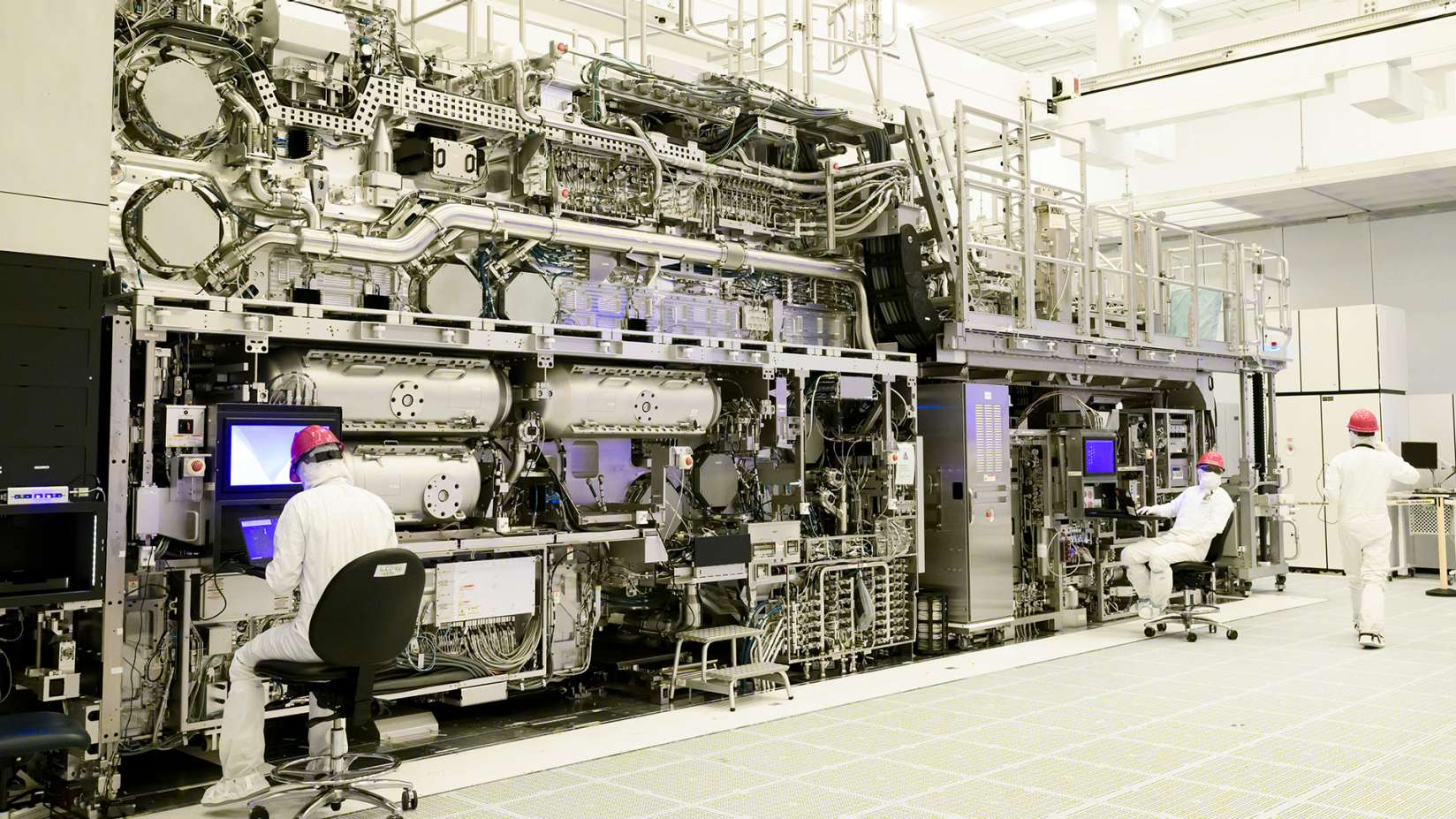Texas Instruments is to receive up to $1.6 billion (£1.2bn) in grants from the Biden administration to build three new chip manufacturing plants under the Chips and Science Act, officials said.
The funds will go toward the Dallas-based company’s investment of more than $18bn into the two plants in Sherman, Texas and one in Lehi, Utah, according to the US Commerce Department.
The grant is part of a larger investment under the law intended to bolster the US’ domestic supply of semiconductors and reduce dependence on Taiwan, following supply-chain disruption during the Covid-19 pandemic.
The investment will “advance US economic security and mitigate those same supply chain vulnerabilities that were brought to light during the pandemic”, said Laurie E. Locascio, undersecretary of commerce for standards and technology, in a call with reporters.

Subsidies
Texas Instruments will receive an additional $3bn in loans and is expected to claim federal tax credits worth $6bn to $8bn that could cover 25 percent of the cost of building the plants and equipping them, as well as an additional $10m for workforce development.
The company has committed more than $18bn to the three plants through 2029 and expects them to create around 2,000 manufacturing jobs.
“With plans to grow our internal manufacturing to more than 95 percent by 2030, we’re building geopolitically dependable, 300mm capacity at scale to provide the analog and embedded processing chips our customers will need for years to come,” said chief executive Haviv Ilan.
The Chips Act, passed in 2022, provides up to $52.7bn in subsidies for semiconductor production and research.
Earlier this year the Commerce Department awarded $20bn in grants and loans to Intel and about $6.1bn in grants to memory chip maker Micron Technologies, as well as $6.4bn to South Korea’s Samsung Electronics to expand chip production in Texas.
Mature technology
TI’s manufacturing will go toward mature chip technologies that make up about half of global chip demand, according to Summit Insights Group, and are found in everything from smartphones to cars.
Disruption to such chips during the pandemic led automakers around the world to suspend car production.
The act is expected to help the US to more than triple its domestic chip manufacturing capacity and to control nearly 30 percent of advanced chipmaking by 2032, while China is to manufacture only 2 percent of the most advanced chips, according a study from the Semiconductor Industry Association (SIA) and Boston Consulting Group (BCG) found.




